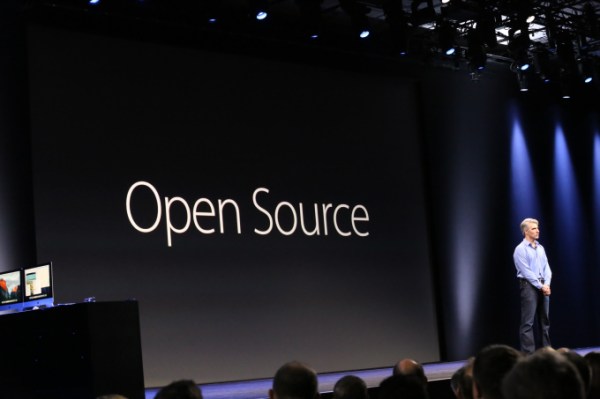Apple has always shared the kernel of macOS after each major release. This kernel also runs on iOS devices as both macOS and iOS are built on the same foundation. This year, Apple also shared the most recent version of the kernel on GitHub. And you can also find ARM versions of the kernel for the first time.
But first, it’s time for some computer history. The first version of macOS (originally named Mac OS X) came out in 2001. It was built on top of NeXTSTEP, an operating system developed by NeXT. Steve Jobs founded NeXT in 1985 and sold the company back to Apple in 1997. And Apple decided to use NeXTSTEP as the foundation for Mac OS X.
NeXTSTEP itself is derived from open-source project BSD. That’s why the Mac you might be currently using relies heavily on open-source technologies. And that’s also why Apple releases a tiny, tiny portion of macOS every year. You can’t compile it and run your own version of macOS, but other kernel developers probably care about the source code of this kernel.
What about iOS? When Steve Jobs first introduced the iPhone in 2007, he said that the operating system of the iPhone is a macOS fork. “Today, we’re going to show you a software breakthrough. Software that is at least 5 years ahead on what’s on any other phone. Now how did we do this? Well, we started with a strong foundation — iPhone runs OS X,” Jobs said. “Why would we want such a sophisticated operating system on a mobile device? Because it’s got everything we need.”
Apple later called this operating system iPhone OS, and then iOS. It’s not an exact copy as there are no floating windows on iOS. But iOS and macOS use the same Unix-based core named Darwin as well as many frameworks. The Apple Watch and the Apple TV also run variants of iOS that also rely on Darwin.
So the fact that you can now download ARM-optimized source code of Apple’s kernel doesn’t mean much. Maybe Apple wants to share the kernel of the iPhone to get feedback from the open-source community. Maybe it means that Apple is working on a version of macOS that runs on ARM chips. Maybe it was an accident. Maybe Apple just wanted to see the reaction on Twitter.
